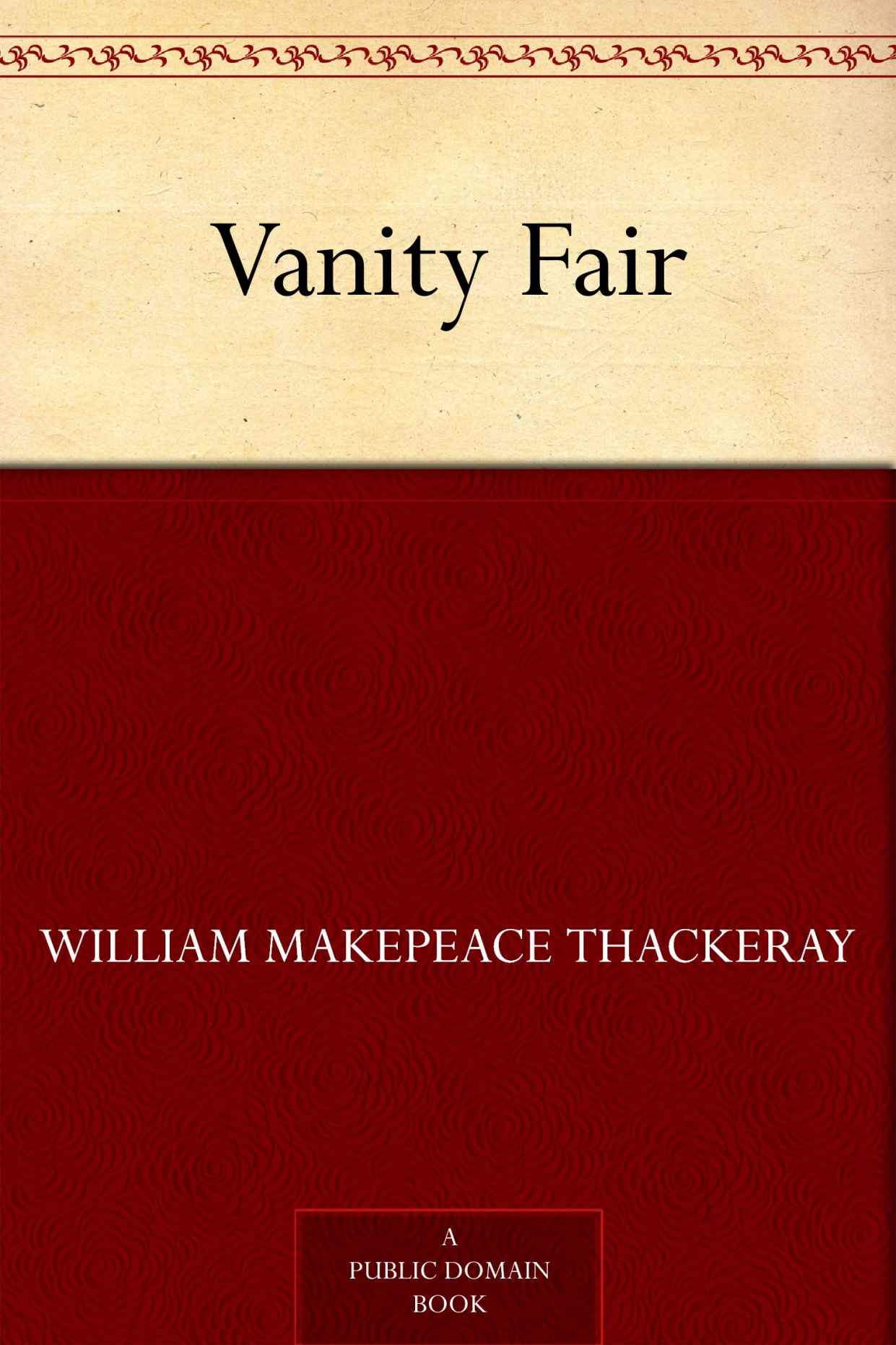
| 书名:Vanity Fair |
| 作者:William Makepeace Thackeray |
| 出版社:Wordsworth Editions Ltd |
| 语言:英语 |
| 类型:小说 |
| 格式:epub、pdf、txt、mobi |
| 支持设备:电脑、手机、Pad、Kindle |
| 操作系统:Windows、IOS、Android |
| 阅读软件:iBooks、Kindle |
| 下载地址:book.th4.top |
With an Introduction and Notes by Owen Knowles, University of Hull Thackeray's upper-class Regency world is a noisy and jostling commercial fairground, predominantly driven by acquisitive greed and soulless materialism, in which the narrator himself plays a brilliantly versatile role as a serio-comic observer. Although subtitled 'A Novel without a Hero', Vanity Fair follows the fortunes of two contrasting but inter-linked lives: through the retiring Amelia Sedley and the brilliant Becky Sharp, Thackeray examines the position of women in an intensely exploitative male world.
William Makepeace Thackeray (1811-1863) was born and educated to be a gentleman but gambled away much of his fortune while at Cambridge. He trained as a lawyer before turning to journalism. He was a regular contributor to periodicals and magazines and Vanity Fair was serialised in Punch in 1847-8. John Carey is Professor of English at Oxford University. He has written on Dickens and Thackeray.
From AudioFile
The incomparable Miriam Margolyes applies her story-telling and histrionic gifts to this classic satire of two young English women, one bad but clever and the other good but stupid, who come to no good during the Napoleonic Wars. The abridgers have cut a bit too much at the expense of the characterizations. Although sounding somewhat forced, Margolyes, as always, gives an excellent performance. Y.R. © AudioFile 2001, Portland, Maine-- Copyright © AudioFile, Portland, Maine
"I do not say there is no character as well drawn in Shakespeare [as D'Artagnan]. I do say there is none that I love so wholly."
--Robert Louis Stevenson
"The lasting and universal popularity of The Three Musketeers shows that Dumas, by artlessly expressing his own nature in the persons of his heroes, was responding to that craving for action, strength and generosity which is a fact in all periods and all places."
--Andreé Maurois